Integrated plant protection as an answer for climate change (INPACT)
The project focuses on the plant health of vegetable and fruit production as this sector is affected by hindered information flow and climate change. The consortium works on the development of new training materials to facilitate environmentally friendly production in the sector.
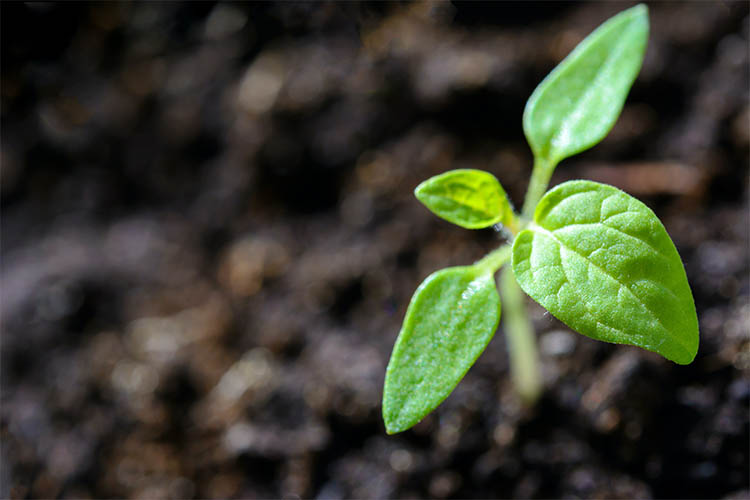
We help farmers to get the knowledge about sustainable plant protection
About the project

Survey on the digital literacy and needs of the target groups
The main aim of this result is to survey the needs on which content and tools could support a better understanding of plant protection issues.
Research:
Survey on the digital literacy and needs of the target groups - PDF
Stakeholder analysis - PDF
Training material on plant protection with new pests analysis
This result is gathering those innovative best practices from the partner countries which are not available in training materials however their efficiency is already proven; as well as developing online learning materials which include practical knowledge on integrated pest management in the fruit and vegetable sector.
Best practices - PDF
Design and development of tailored learning resources
The online platform and digital training material
The main aim of this result is to channel the training materials and good practices accordingly to the needs of the target group defined in the research.
Link to the on-line platform
In the last decade, knowledge and innovation transfer became essential for farmers to make decisions as quickly as possible in order to avoid financial losses, access markets, prevent plantations and livestock, and mitigate risks of climate change. Moreover, plant protection experts, trainers, and advisors need to develop their knowledge of the upcoming diseases and ways of protection and prevention. This knowledge flow is essential for farmers because pests or poorly planned plant protection can affect high costs and losses for farmers, additionally, it means risks to food safety. Therefore, the consortium will work on the development of new training materials to facilitate environmentally friendly production in the sector.
The general objective of the project is to generate answers to the latest and one of the most crucial questions of farmers which determine their cost structure, the accessible profit and food safety. The project will also contribute to developing the knowledge of the target group on environmentally friendly plant protection methods to reduce the use of pesticides. The involvement of relevant experts in this relatively new topic will ensure that those technologies, and best practices will be selected and materialized in training which can help farmers and advisors in the prevention of invasive pests.
A new international platform to support the knowledge transfer between international experts to be aware of the latest plant protection risks and prevention methods taking into consideration the EU strategies for sustainable agriculture.
METHODOLOGY
pedagogical concept for the online platform and digitalized materials
VISUAL ELEMENTS
the selected topics e.g: injury of invasive insects and diseases, way of using organic materials or insectivore insects, etc. are presented by video, factsheet, infographics and other communication tools if it is necessary
PLATFORM
a new international platform to support the knowledge transfer between international experts to be aware of the latest plant protection risks and prevention methods taking into consideration the EU strategies for sustainable agriculture.
CURRICULUM SYLLABUS
template for curriculum design/ guidelines for development/ design of the optimal time, resources used for various target groups/ collecting partner reports/ making a final report with example syllabus for possible further European use
NETWORKING FORMU AND BLOGS
open-source tool, additional graphic design and careful planning on structure, content topics and effective use
SURVEY RESULTS What are the needs for plant protection training in the partner countries?
The INPACT project is funded by the European Commission´s Erasmus + programme. The project started in January 2022 and lasts for 2 years. The main aim of the project is to create a new international platform to support the knowledge transfer between international experts to be aware of the latest plant protection risks and prevention methods taking into consideration the EU strategies for sustainable agriculture.
Project reference number: 2021-1-CZ01-KA220-VET-000025827. The project is realized by international partners with various backgrounds (see more in the section “Partners”)

This project has been funded with support from the European Commission.
This communication reflects the views only of the author, and the Commission cannot be held responsible for any use which may be made of the information contained therein.
Partners and contact
- Czech University of Life Sciences Prague
- AGRAREN UNIVERSITET - PLOVDIV
- Fundatia Civitas pentru Societatea Civila
- TREBAG
- ARID
- Kujani
- MEDITERRANEAN AGRONOMIC INSTITUTE OF CHANIA
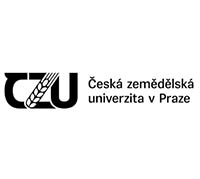
CZU
www.czu.cz
Czech Republic
Contact person:
Jana Pitrova
pitrovaj@pef.czu.cz
About CZU
Czech University of Life Sciences Prague was established in 1906. The large and constantly developing campus offers excellent opportunities for education and research. The institution has almost 25.000 enrolled students who, together with about 1,500 staff (academic, researchers, technicians and administrative workers) form an academic forum.

AGRAREN UNIVERSITET - PLOVDIV
www.au-plovdiv.bg
Bulgaria
Contact person:
Vili Harizanova
vili.harizanova@gmail.com
Atanaska Stoeva
astoeva@au-plovdiv.bg
About AU Plovdiv
The Agricultural University (AU) is the only specialized state-funded university in Bulgaria in the area of agricultural and life sciences and was established in 1945. The major structural units of the AU are the four faculties (Faculty of Agronomy, Faculty of Horticulture with Viticulture, Faculty of Plant Protection and Agroecology, Faculty of Economics) offering 10 undergraduate programs, 34 graduate programs and 28 postgraduate programs.
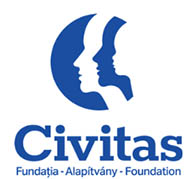
Partner organization
Fundatia Civitas pentru Societatea Civila
www.civitas.ro
Romania
Contact person:
Judith Molnar
judith.molnar@civitas.ro
About Civitas
Civitas is a non-governmental organization that runs local and regional development projects and programs and builds innovative, and sustainable intervention models in the following sub-fields: community development and good governance, social economy and entrepreneurship, civil society empowerment, rural economic development. The Civitas Foundation from Odorheiu Secuiesc has 12 employees, around 20 ιinterns and is working with several groups of local producers from the region.
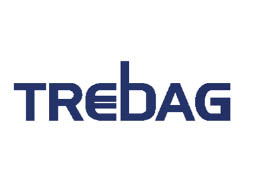
TREBAG
www.trebag.hu
Hungary
Contact person:
Andrea Kovesd
andrea.kovesd@trebag.hu
About Trebag
TREBAG is a Hungarian private company and living lab with a huge network locally and regionally among stakeholders and actors in VET.

ARID
www.arid.org.pl
Poland
Contact person:
Maciej Dymacz
lacjum@lacjum.org
Martyna Kurek
martyna@lacjum.org
About ARID Association for the Regional Initiatives Development (ARID) is a private non-governmental organization oriented on the promotion and development of the idea of lifelong learning.

Kujani
www.kujani.hu
Hugnary
Contact person:
Katalin Kujani
kujanikatalin@gmail.com
Zsuzsanna Kujani
kujani.zsuzsanna@gmail.com
About Kujani
The Kujani Ltd as a family enterprise was established in 2003 in order to provide knowledge for farmers in the biggest Hungarian horticultural region.The Kujani Ltd. has almost 500 clients who ask for advisory service for 3 or 5 years and has 100 students (adult training) every year to get plant protection certificate. The SME has 3 paid and 2 unpaid staff and periodically work together with 10-15 plant protection experts with contracts for work.
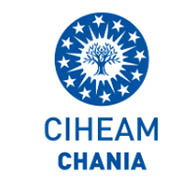
MEDITERRANEAN AGRONOMIC INSTITUTE OF CHANIA
www.maich.gr
Greece
Contact person:
Ioannis Livieratos
livieratos@maich.gr
Carolyn Owen
owen@maich.gr
About MAICH
The Mediterranean Agronomic Institute of Chania (MAICh) was established in accordance with Law 4443/64, by which Greece became one of the seven founder members of the International Centre for Advanced Mediterranean Agronomic Studies (CIHEAM), an intergovernmental organisation, whose aim is to promote the development of international cooperation by providing post-graduate education at MSc level, and to develop scientific cooperation between the Mediterranean, Balkan and other developing regions.







